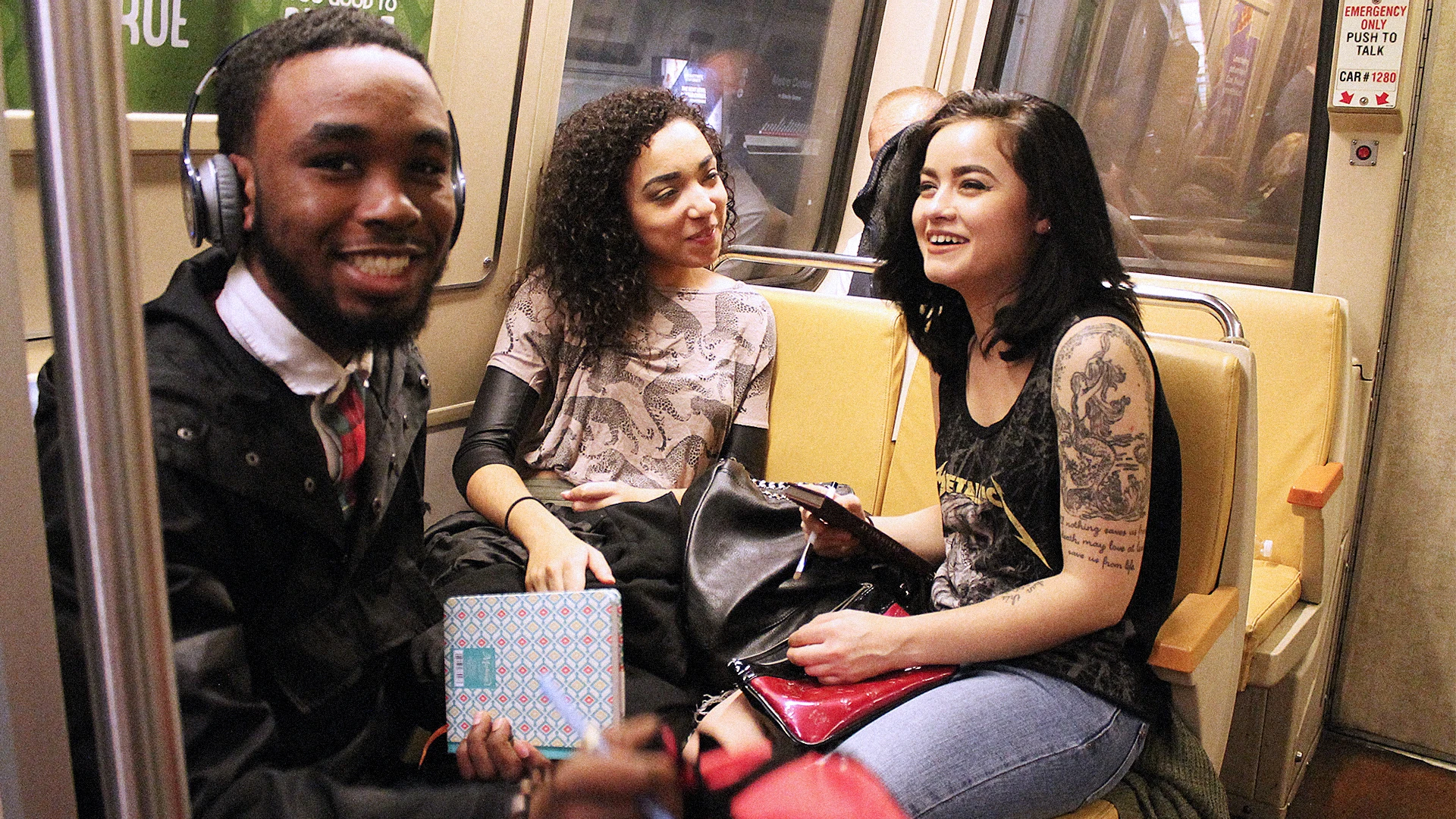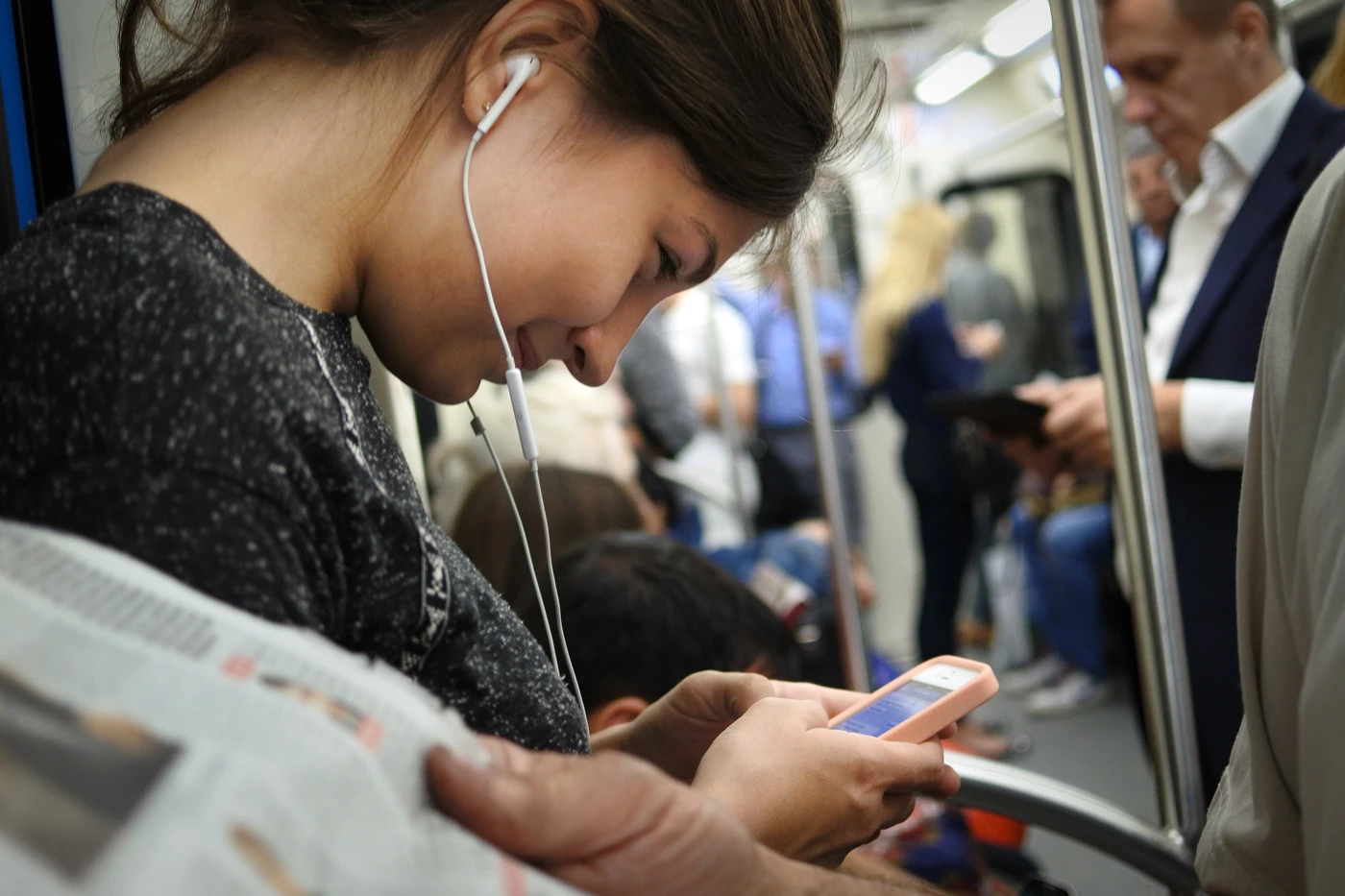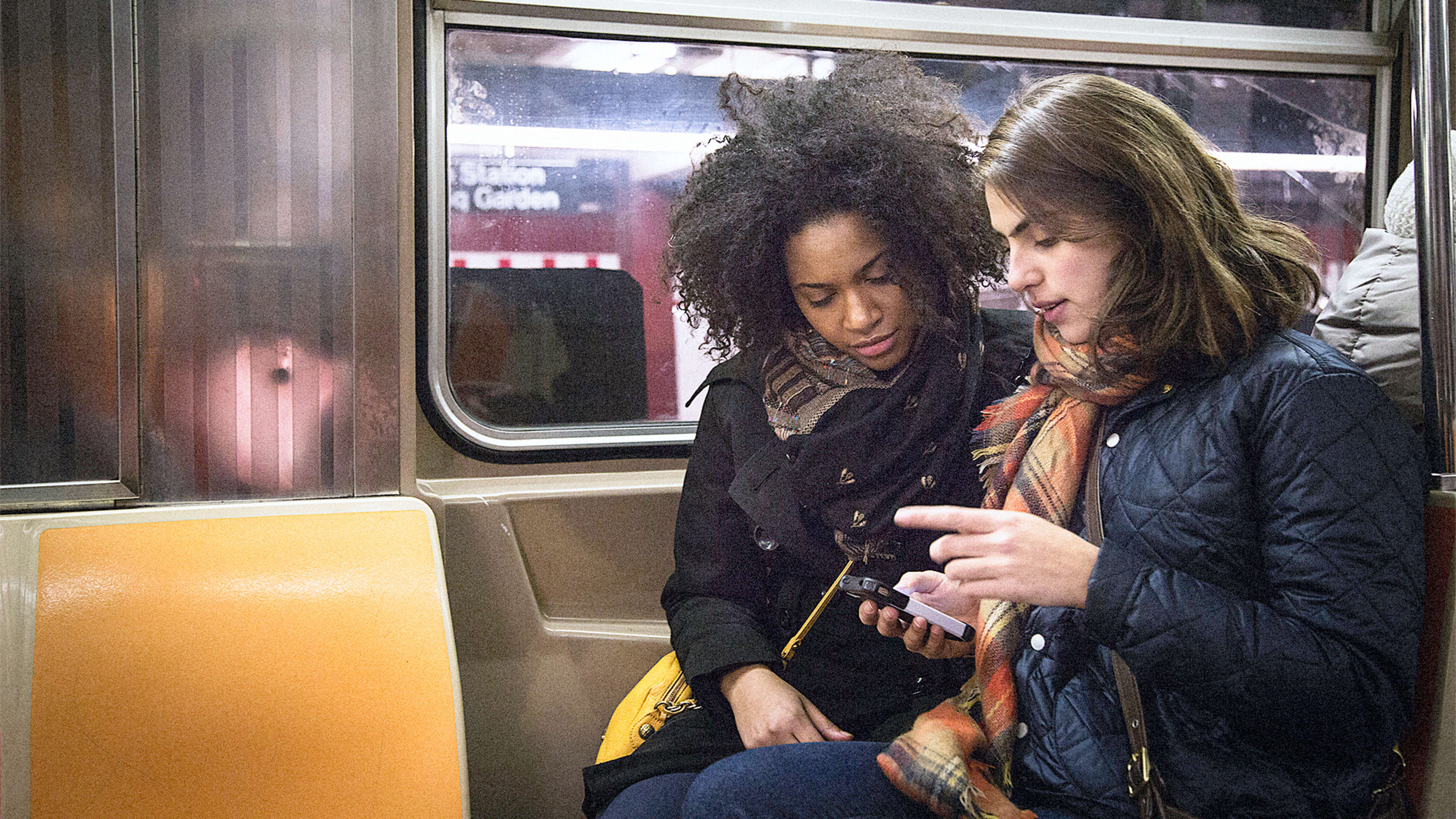If you live in New York City in your twenties, taking the subway to work every day, and then move to, say, suburban Silicon Valley–where 74% of commuters drive to work alone–you’ll be a little more likely to walk or take public transit than your Californian coworkers.
In a recent study, researchers tested whether past experience with good public transit makes a difference when someone moves to a place where the nearest bus stop might be inconveniently located or a local subway line might not exist. The answer: it does, and that past experience can have as much impact on someone’s choice of commute as transit quality in a new neighborhood.

Studies on transit behavior usually focus on urban design–if planners create sprawling neighborhoods without sidewalks or access to nearby public transportation, people will obviously be more likely to drive. The new study looks at social factors instead.
“We wanted to look at some of the ways that our behavior is nudged that aren’t specifically or directly about the environment,” study co-author Michael Smart, an assistant professor of planning and public policy at Rutgers University, tells Fast Company. The study focuses on the effect of growing up in a transit-rich city, or working there as a young adult; in other studies, the researchers are considering factors like the influence of family and friends.
“We can’t go to the past and make everyone grow up in New York City, but some of these social factors might be easier ways to nudge people into traveling in more sustainable ways than rebuilding 85% of America overnight and making it more walkable and transit-friendly,” he says.
Using a survey that has been tracking thousands of families since 1968 (and includes data on car ownership and how much money people spend on transit), and separate data sets on transit service, the researchers looked at the effects of transit “exposure.”

If you grow up in a city with good public transportation, and later move, you have a better chance of using public transit in another city later. You’re also a little less likely to own a car. If you live in a city with good public transit in your twenties or thirties before moving, the effects are even stronger.
The total effect is a 30% to 60% increase in the chance of later public transit use if you were exposed in your twenties. But that impact on ridership is still relatively small: because so few people use public transit at all, even a 60% increase in a small number of potential riders is minuscule. But exposure to better transit is also associated with a 3-8% decrease in car ownership. Despite those low numbers, it’s a more significant impact than the effect on transit, since there are 260 million cars on American roads.
For urban planners trying to address climate change, smog, and gridlock, the study suggests that encouraging people to try public transit when they’re young could have big payoffs later. That might mean free or cheap bus passes for students or young workers at a first job.
“Though we didn’t test it directly here, a policy intervention could be something like when you move or start a new job, a perk for the first year could be a free transit pass to sort of get that habit formed,” says Smart. “I think this is all sort of operating a bit at the margin, but it’s meaningful nonetheless.”
The study also suggests that if some millennials start moving to the suburbs–after living in cities–they might take their sustainable travel habits with them.
Recognize your brand’s excellence by applying to this year’s Brands That Matter Awards before the early-rate deadline, May 3.
